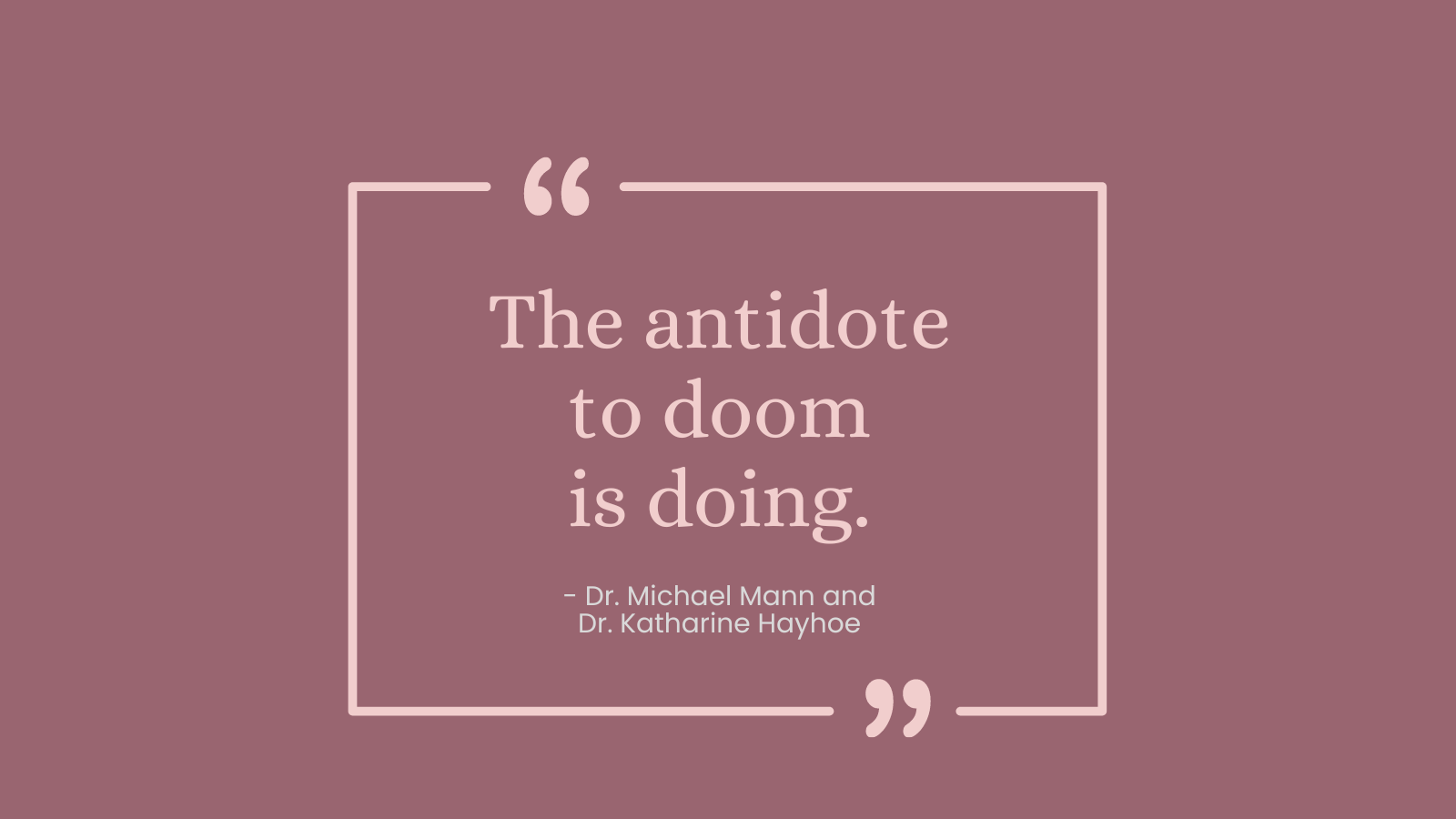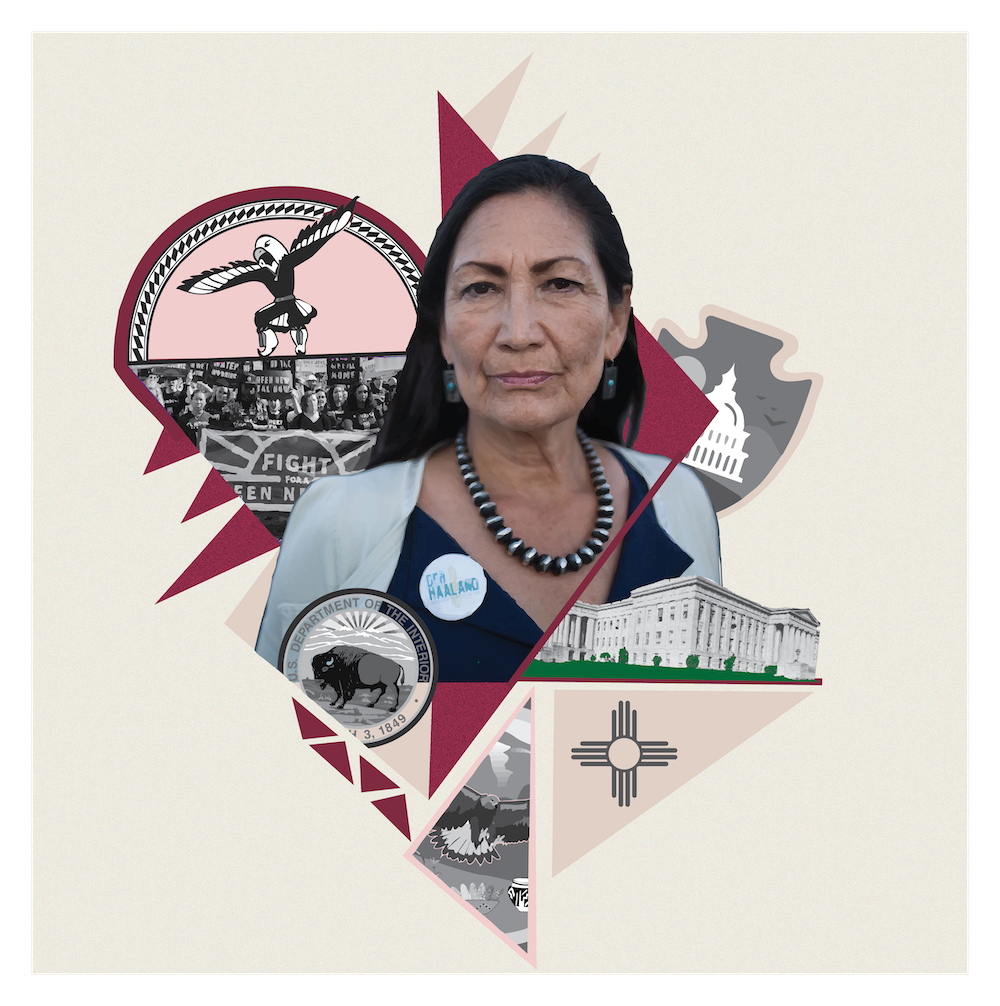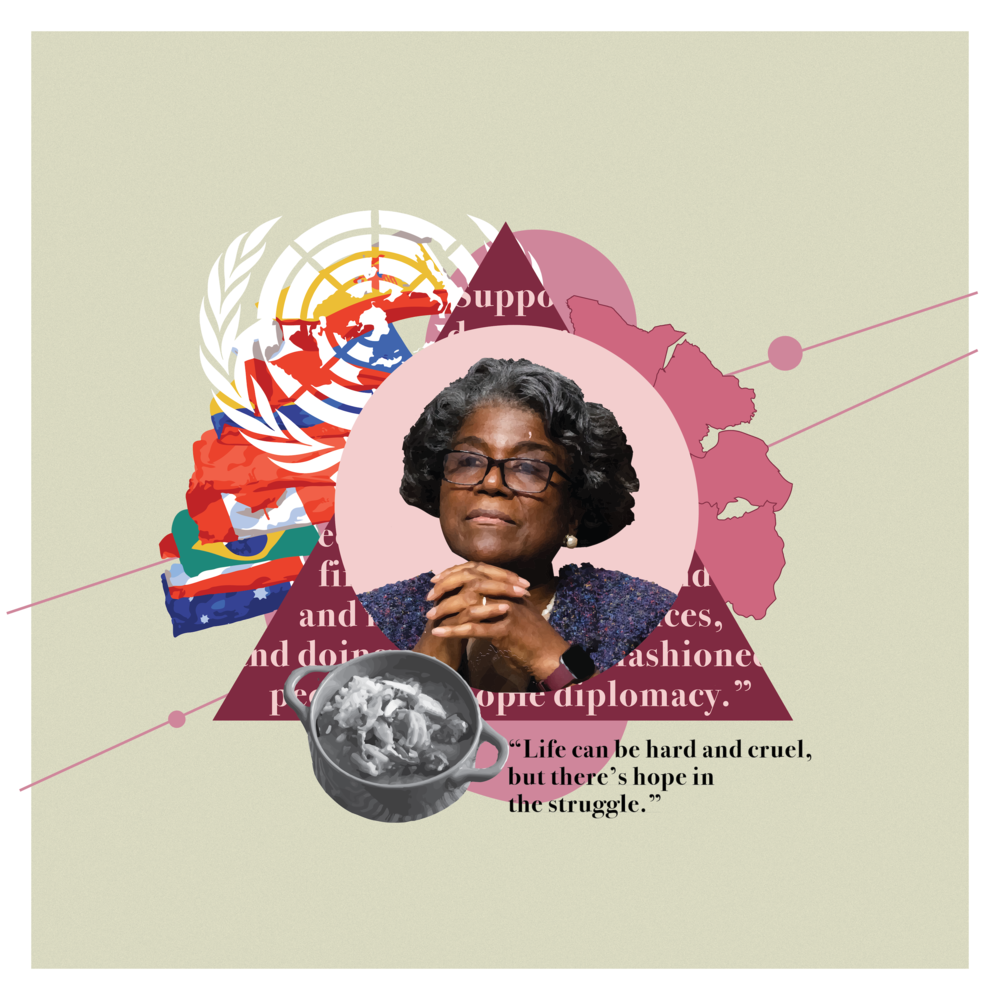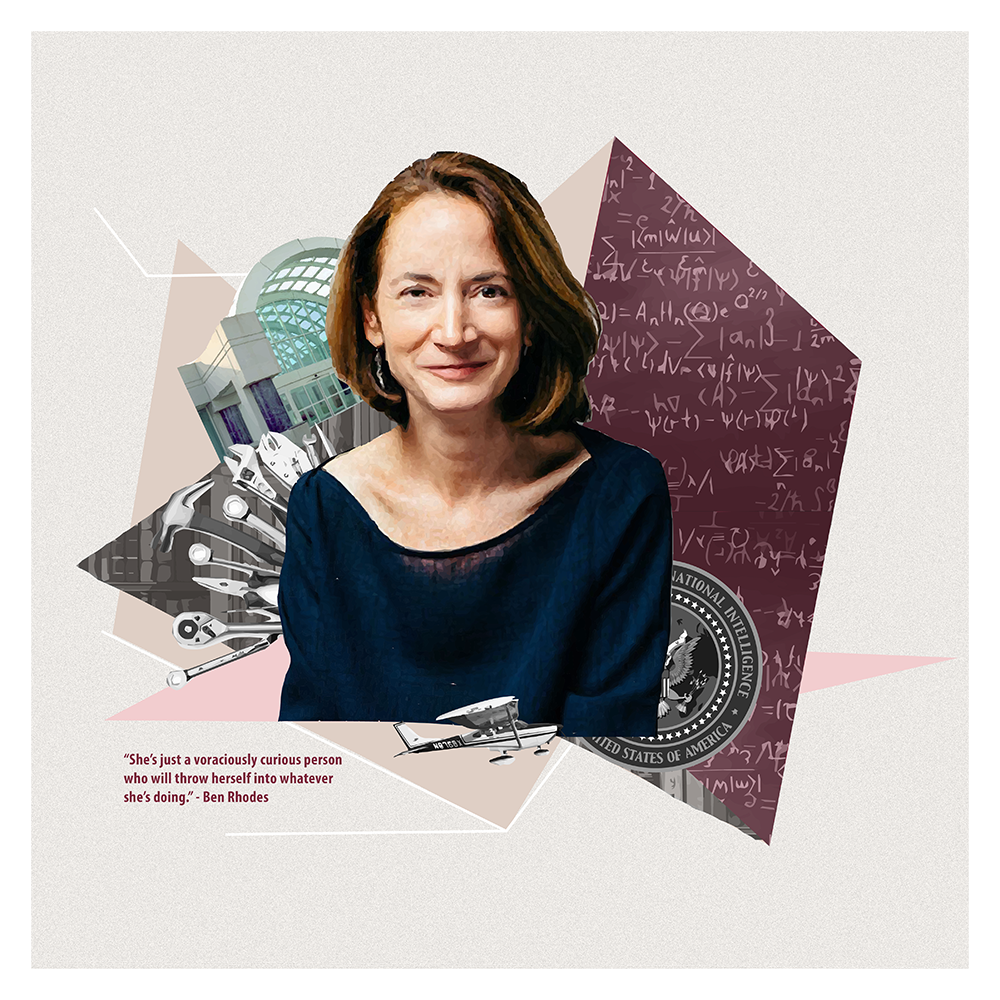In a poll published last week, the Guardian asked 380 of the world's top climate scientists how high they thought global temperatures would rise. Their predictions were grim. Scientist after scientist said they felt “hopeless, infuriated and scared by the failure of governments to act.”
They are not alone. “Climate change is affecting mental health literally everywhere,” writes Daisy Simmons at Yale Program on Climate Change Communication.
“Farmers who can’t sleep, worrying they’ll lose everything amid increasing drought. Youth struggling with depression over a future that feels hopeless. Indigenous people grief-stricken over devastated ecosystems. For all these people and more, climate change is taking a clear toll on mental health — in every part of the world.”
It's not surprising. We’ve just lived through 16 months of the hottest temperatures on record, and extreme weather events exacerbated by climate change keep happening, whether it's flooding in China, Kenya and Brazil or dangerous heat waves in India, Mexico and southeast Asia (all of which happened in the past few weeks).
Earlier this week, climate scientists Dr. Michael Mann and Dr. Katharine Hayhoe reflected in an essay on the growing problem of climate anxiety and climate doomism.
“[A]mid an increasing litany of disasters, there are indications that climate concern is falling,” they write. “A recent poll found a ‘noticeable dip,’ particularly among younger people who have always recorded higher-than-average levels of concern. Nearly half of Americans feel ‘helpless’ and do not know what to do about climate change.”
Climate anxiety, or eco-anxiety, is a new phenomenon that is just gaining traction in the mental health discipline as a field of study. But research shows that action is indeed one antidote to despair.
There are so many ways to take action. The number one action that the climate scientists in the Guardian survey recommended is “to vote,” and that's very important, but there are plenty of actions we all can take on the other 364 days of the year.
It could be as simple as getting out into nature and maybe taking the extra step of volunteering to clean up a park or beach. It could be talking about climate change and the solutions you support with your friends, family and coworkers. Spend time with the children or young people in your life and ask them how they are feeling and help them process their emotions. (Update: Katharine Hayhoe shares this great list of other actions you can take to fight climate change.) Find projects that you can do together to find purpose in action.
That "together" part is important. “The thing that reduces climate anxiety is being part of a collective…where people care as much as you do. You’re not the only one,” Sarah Ray, author of A Field Guide to Climate Anxiety told Bloomberg News.
Combating climate change is a collective exercise and we all have a part to play. Join your neighborhood’s composting or gardening coalitions — and if there isn’t one, start one. Become more informed about what different environmental and nature based organizations do and support them with your time, attention, and treasure! Be a more thoughtful consumer… by purchasing with purpose, inquiring about how products are made and what happens to them after they are used — all part of becoming a participant in a circular economy rather than a wasteful and extractive one.
These are a few simple steps we can all take, and by seeking out others and participating in collective action, we also create hope in ourselves, as well as in our children, grandchildren, and colleagues.
Hope is a powerful and regenerative force for positive change.
Embrace it. Share it. We can all use more of it and we can all do more to ensure a livable and possibly more just, peaceful and equitable world.
Believing that and embracing any opportunity to participate in shaping such a world is not only an antidote to anxiety and depression, it’s also an antidote to aging. Trust me on this one!
Onward!
- Pat








